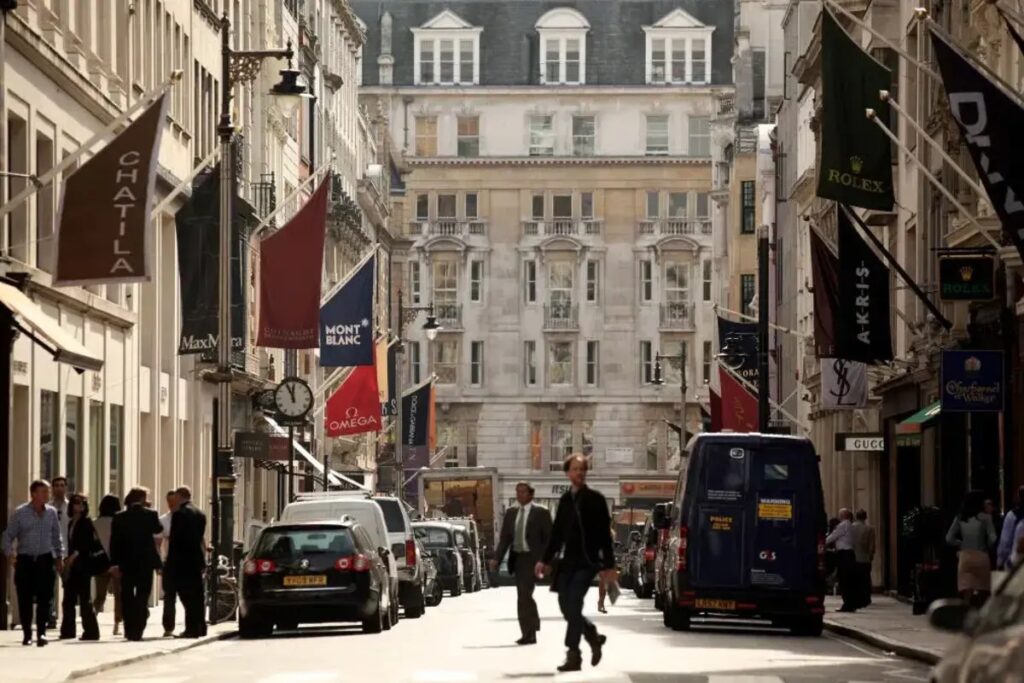Trending
- Loan defender Andy Smith has settled quickly at Gillingham and has been helped by former Hull City pair Robbie McKenzie and Max Clark
- A52 westbound between A60 and A453 | Westbound | Congestion
- Thames Water facing industry probe over failure to finish 100 schemes on time
- 10-year-old girl has been hit by car in Drumchapel
- Belfast woman bows out after 17 years supporting cancer patients of all ages through art
- Bromley named as one of UK’s best market towns to visit
- Reaction from manager John Coleman after League 2 match at the Bescot Stadium
- Increased focus on workplace health and wellbeing in 2025




The prime commercial property market is performing relatively well, despite recent challenges.
In the City, leasing activity in the second quarter rose by 1% above the long-term average, though overall demand was 12% lower than usual. Given the sector’s struggles with downsizing due to changing work patterns, this performance is decent and might improve.
A closer look reveals that a few key areas have been bolstering the market, with two regions significantly influencing leasing activity.
Demand has surged from the insurance and financial services sectors, which together accounted for nearly a third of the office space leased in 2024.
Investment in luxury retail on Bond Street dominated the London retail market, making up over 90% of transactions in the second quarter.
Despite a global slowdown in luxury goods, Bond Street has attracted significant investment, with transaction volumes hitting £436 million in Q2, a 66% increase from the previous year. Major deals include Sir James Dyson’s purchase of 126-127 New Bond Street for £71 million and Richemont’s acquisition of Boodles’ main store for £82 million. Other luxury brands, such as Louis Vuitton and Chanel, have also invested in the area.
Conversely, Regent Street has seen a notable reduction in vacancy rates, falling from 10.9% to 3% over the past year.
Hedge funds have significantly increased their presence in the West End, with a 46% rise in commercial office space take-up from 2019 to 2023. Despite Brexit and capital market fluctuations, London remains a key hub for this sector. Hedge funds accounted for 70% of office deals in the West End, with significant transactions including Millennium Management’s lease of 50 Berkeley Street and Great Hill Partners’ new office at 60 Charlotte Street.
Sustainable office space has been a major driver in the city, with over half of the lettings this year in buildings with high environmental ratings. There’s a clear trend towards quality, with record-level rents for prime locations and a demand for modern, well-equipped spaces.
The market for 2024 is expected to be influenced more by downsizing than expansion. As pre-pandemic leases end, tenants are seeking higher-quality, smaller spaces with advanced technology and modern refurbishments.
In summary, while the commercial prime market faces challenges, key areas and sectors are driving growth, particularly in luxury retail and sustainable office spaces.